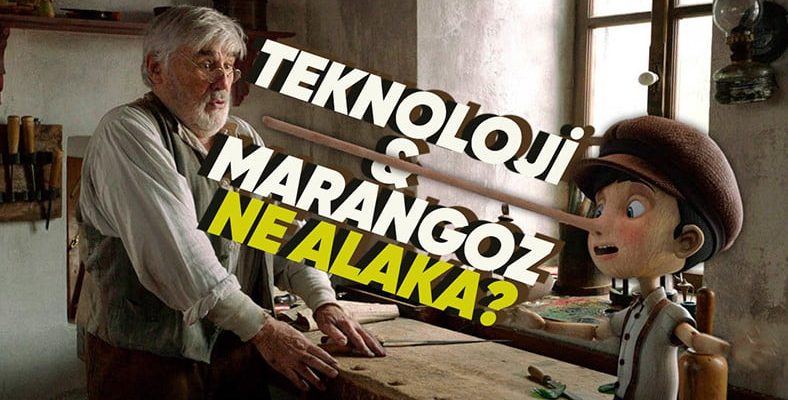Language is one of the main tools we use to communicate, and each language has its own story. The words that enable us to express our thoughts and feelings in our language also carry traces from different cultures, geographies and periods over time. When you learn what these traces actually are, your perspective on the words you use will change.
Word origins, which enable us to delve deeper into the language, contribute greatly to a better understanding of the language and to seeing how words evolve. In this content, there are also colorful and interesting word origins You will meet and be amazed at how language is shaped.
In that case our word journey starting!
Derived from night, “yesterday” is also the root of the verb to roost.
Yesterday, which refers to the previous day as in the TDK dictionary, means night in Old Turkish. from “tün” quotation. After a while, it is used to express “the past day”.
It is used as a greeting word used when meeting between noon and evening. “good afternoon” means “bright night”. The word good afternoon also includes a reference to the color of the sky at the relevant hours.
Also one more information. The root of the verb to perch It comes from yesterday/tunya. spend the night Although it is used in the sense of perching, the word perch is generally preferred to express birds or poultry perching on a branch to sleep.
Butcher comes from the verb “to cut”, which is one of the things he does best.
The butchers who manage the shops where cats never leave their doors, take their names in Arabic. kasb from the verb “to cut” takes it by derivation. Actually, its origin is quite logical.
The origin of the word town is the same as butcher. Surrounding and dividing the settlement by walls or other means, cut off input and output It actually explains its origin.
The name of the word tarantula comes from Italy. From the city “Taranto” is coming.
a big spider The word “tarantola”, which means “tarantola”, is translated into our language without much change from its name.
The meaning of the word spider comes from what it does the most.
The name of the spider that gives us chills when we see it in Old Turkish is “spider” was. It takes its name from one of the things it does best. from “weaving a web” taking. Again, in Old Turkish, it is derived from the suffix added to the verb ör- “to knit”.
What if we said that dog, pregnancy and pregnancy are from the same root!
Actually bridge and foam are also from the same root. In Kipchak and Turkish texts from the late 14th century onwards “to swell, to overflow” The verb “köp” meaning “köp” is seen. The origin of these three words goes back to the expression köp, meaning to swell or overflow. When you look at their meanings, you can see that they are not far away.
There is more. Pregnancy and giving birth The roots of the words are also the same. After all, they both cause bloating.
The name of an American judge who gave an unfair trial brings up the word “lynching”.
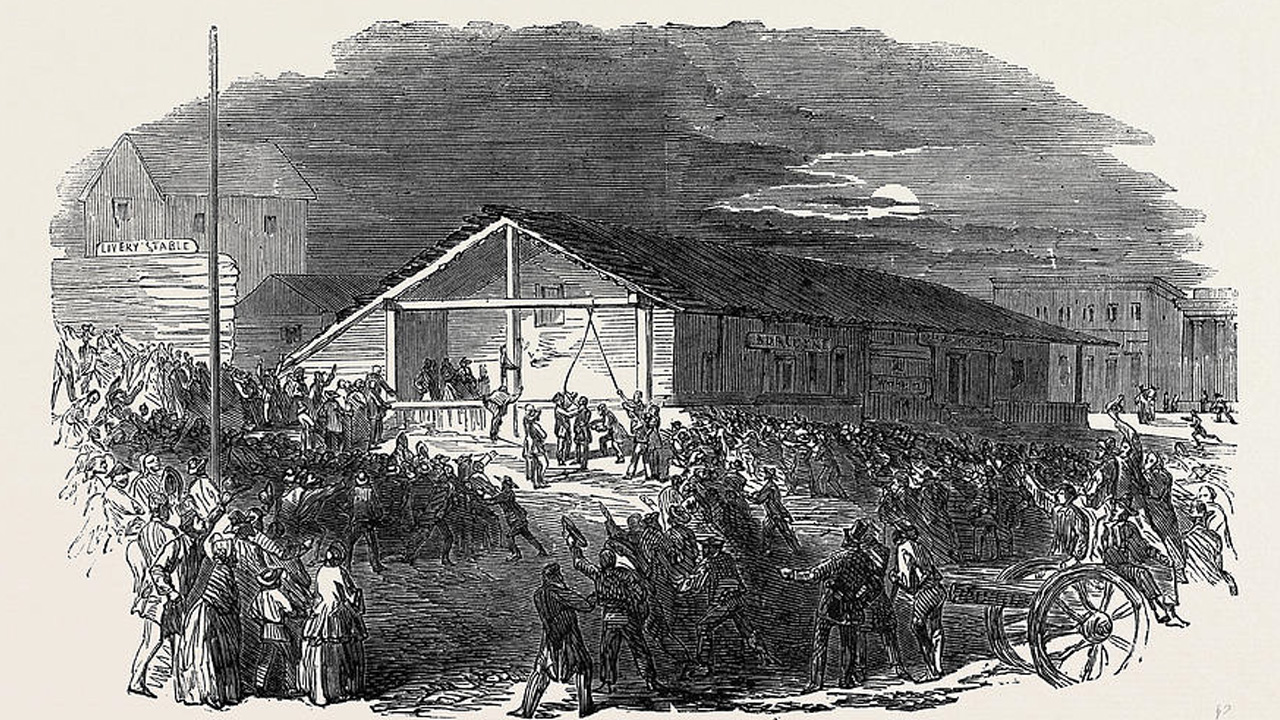
Although we say “lynching” in social media, the dictionary definition of the word is “The killing of someone, illegally and without trial, by more than one person due to a behavior that is a crime in their opinion.” Underneath its real meaning lies a story different from others.
Lynch came into our language from the English word “lynch”. Charles Lynch, an American judge He was a judge during the country’s civil war. Lynch not only judges everyone he doesn’t like, but also gives strange punishments. That’s why Lynch in the name of a speedy and unfair trial is being put.
Without a fair trial, Lynch throws the defendants in front of the crowd and the sentences are approved by the senate. Lynch’s sentences also made history Lynch Laws It is mentioned as .
Bargir, meaning to hold a load, becomes “horsepower”.

Although we sometimes prefer to call it horse instead of horse, actually horse is “bearing burden” means. Persian bar meaning “load” and gir meaning “holding” “bargir” The word turns into horse over time (Of course, I wish these creatures were not used for this purpose).
Morpheus, who makes people dream, also gives rise to the word “morphine”.
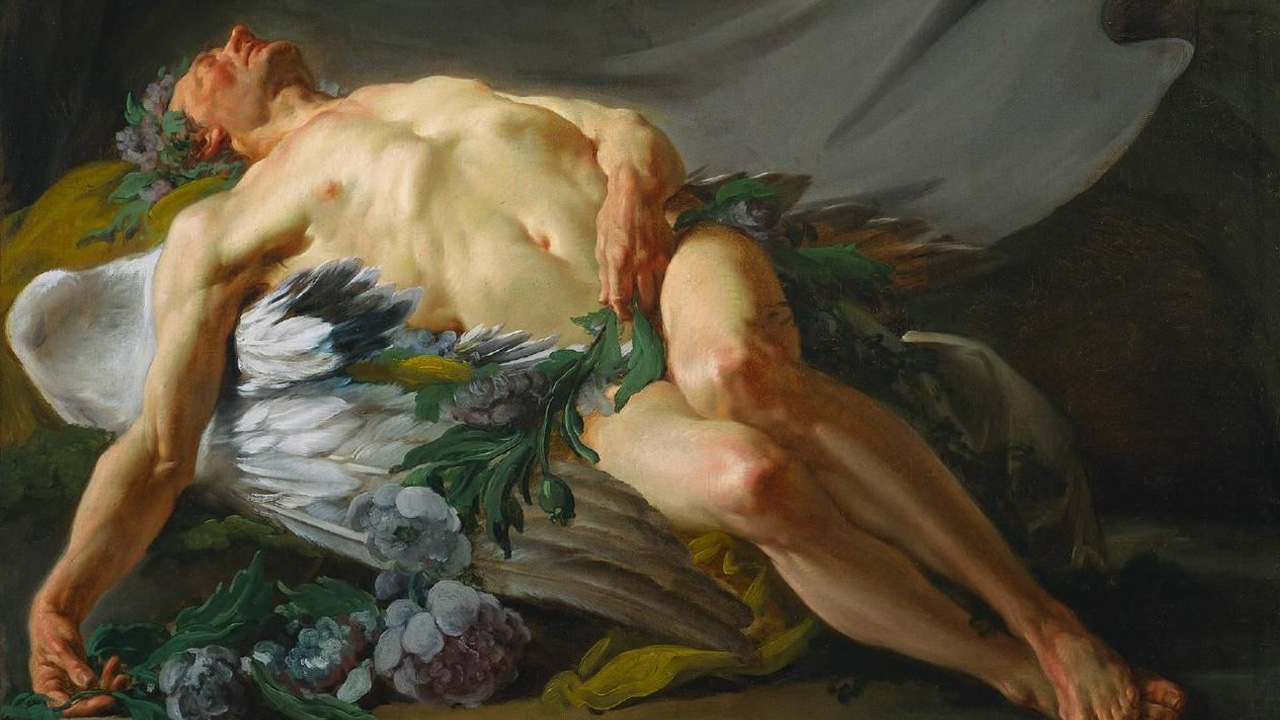
God of dreams and visions Morpheus, Origin of the word morphine. Morphine and Morpheus used as painkillers Its origin also makes sense when you consider that it makes you dream. And also The names in the matrix We can understand that it was not chosen randomly. It must not be a coincidence that the pill is extended!
Did you know that the names Marble and Marmara Region come from the same place?
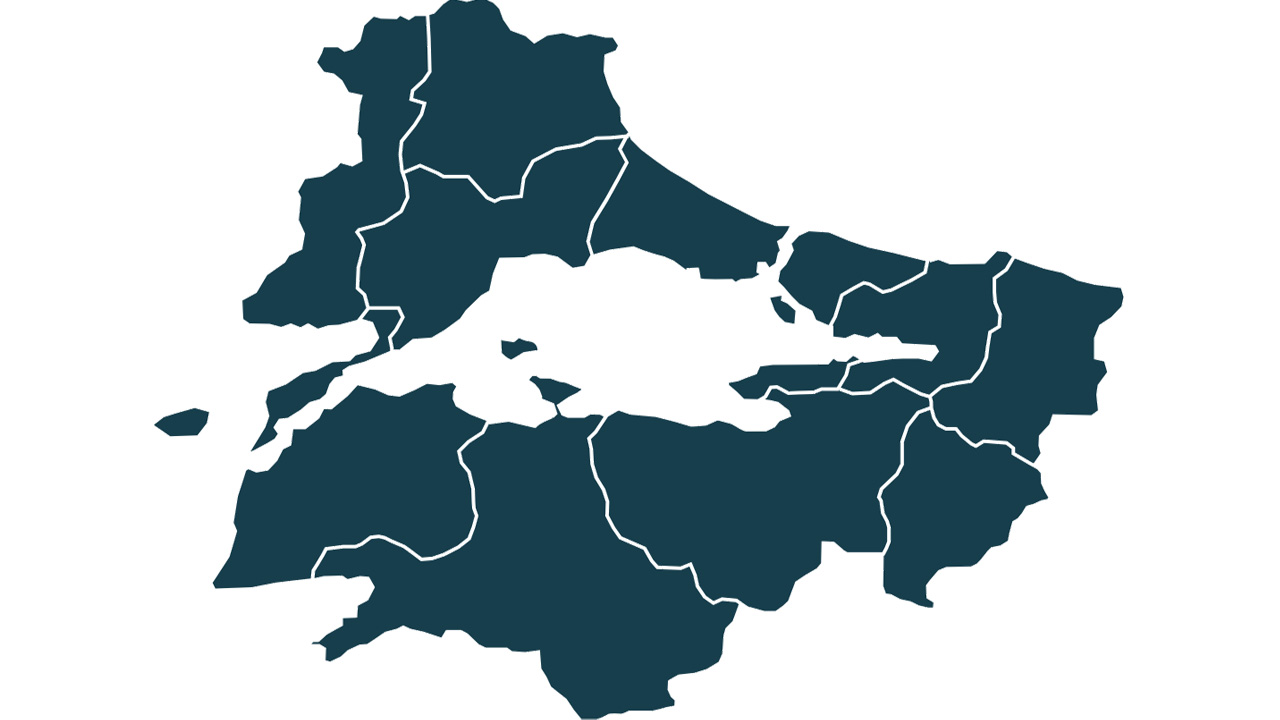
Marble, which we encounter almost everywhere, comes to our language from the Arabic and Persian word “marmar”. It has more history. ancient greek “shining stone” “mάrmaros” means to shine, to shine. From the verb “marmaίrō” is emerging.
Sea of Marmara and The names of the Marmara Region also originate from the same root. is coming. The abundance of marble mining on Marmara Island affects the name of the island, and from there, the region and the sea it surrounds.
In the old language, “pa” and “se” combine to form “sehpa”.
Although coffee tables are generally designed with four legs, they actually mean “tripod”. Persian, se “three” and pa “foot” There are other words derived from the word pa (foot), such as sehpa, which derives from the word pa (foot).
The part where the legs come out of clothes trottermeaning shoes shoein the meaning of sultanate and capital capital cityworn to bed pyjamasmeaning foot soldier infantryused to express rule and rank honor It has the word pa in its origin.
What do you think the word carpenter has to do with “technology”?
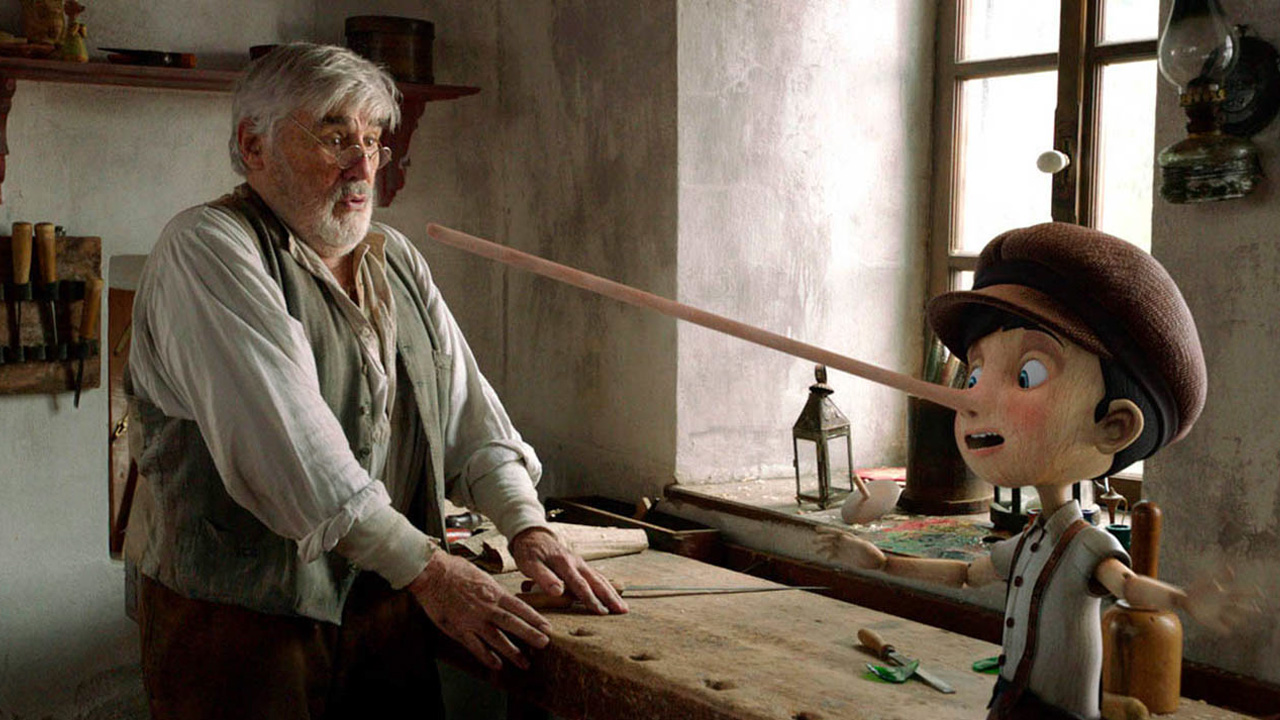
The origin of technology, which came into our language from the French word technologie; in ancient greek carpentry, craftsmanship and craftsmanship It is derived from the words “tėxnē” meaning word, logic and science.
The basis of the technology is based on the Indo-European word “teks”, which means craftsmanship, carpenter and weaving. Teks is actually the origin of many words. means sawn tree “wood”in the sense of writing and text “text”meaning weaving and fabric “textile” When we look at the origins of the words, we see “teks”. The branch of science that studies the earth’s crust “tectonic” It also comes from the same place.
If we can hold something with our “lips”, why shouldn’t its roots come from here?
Middle Turkish “bird’s beak, visible fleshy part of the mouth” The origin of the word “tutak” meaning “lip”. The Old Turkish verb tut- “to hold, to catch” is derived from the verb tutak. Considering that the lips have a holding function, its origin suits quite well.
Could you guess that the name “Capuccino” comes from a robe?
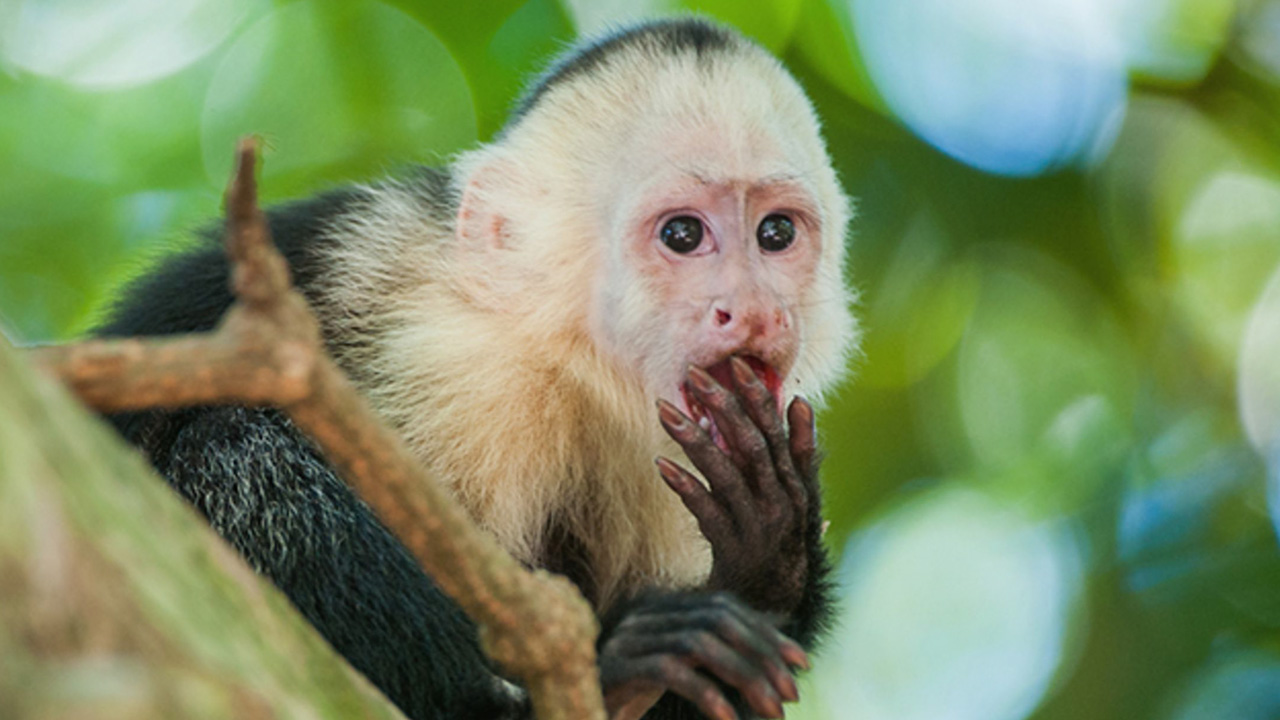
The origin of cappuccino, which entered our language without straying too far from the Italian word cappuccino, is Italian. Capuchins, a Catholic community It endures. Cappuccino comes from the color of the robes worn by Capuchin monks. Italian for “coned robe” means. Its evolution is from cappa meaning “cone, hood”.
capuchin monkeys The given name is also from the same place. The name given to the monkeys due to their color was given by the explorers who compared it to the color of their robes.
Purslane: It is a somewhat plump vegetable.

Purslane, which some people love in their salads and some in their food, derives from the Old Turkish word semin, used for fatty or fat, and the word ot. purslane actually plump and oily herb It is expressed as .
Origin of the words Pig, Denizli and “child”.
Child means “child” in Middle Turkish“The littlest of all, the piglet” It was used in the sense of. “What does the word pig have to do with it?” You may be thinking, but for a while, pig did not have a negative meaning.
Our city Denizli used to mean a place with many pigs. Tunguzlu/Tonguzlu It was expressed in words. This change is the only reason why the city you are looking at has sea in its name, even though it does not have a sea.
Our other contents related to etymology:
RELATED NEWS
It is impossible not to be surprised when you learn the origins of these words you use every day: What is the connection between Magnet and Manisa?
RELATED NEWS
Let’s Clarify This Mystery: What Does the “-Istan” Suffix in the Names of 17 Countries Mean?
RELATED NEWS
Words that sound like pure Turkish but are actually of foreign language origin: Key from Greek, Soba from Hungarian…
RELATED NEWS
After Reading This, You May Be Doubtful About the Origin of Your Name: Interesting Historical Connection Between the Names “Aleyna” and “Elena”!
RELATED NEWS
Why Are the Names of Austria and Australia So Similar to Each Other?
RELATED NEWS
Words Coming from Neighbours: Greek Words that Transcended into Turkish Over Time and Passed into Our Language
RELATED NEWS
Why are the words ‘Bank’ where we sit and ‘Bank’ where we deposit money so similar? Here is the Interesting Connection Between Them
RELATED NEWS
If the name brown comes from coffee, what did we call this color before it became coffee?
RELATED NEWS
Where do the names of colors that are an ordinary part of our lives come from? Some of them have very interesting stories!
RELATED NEWS
Where Does the Word “Türkiye” Come From? (Turks didn’t actually give this name!)
RELATED NEWS
